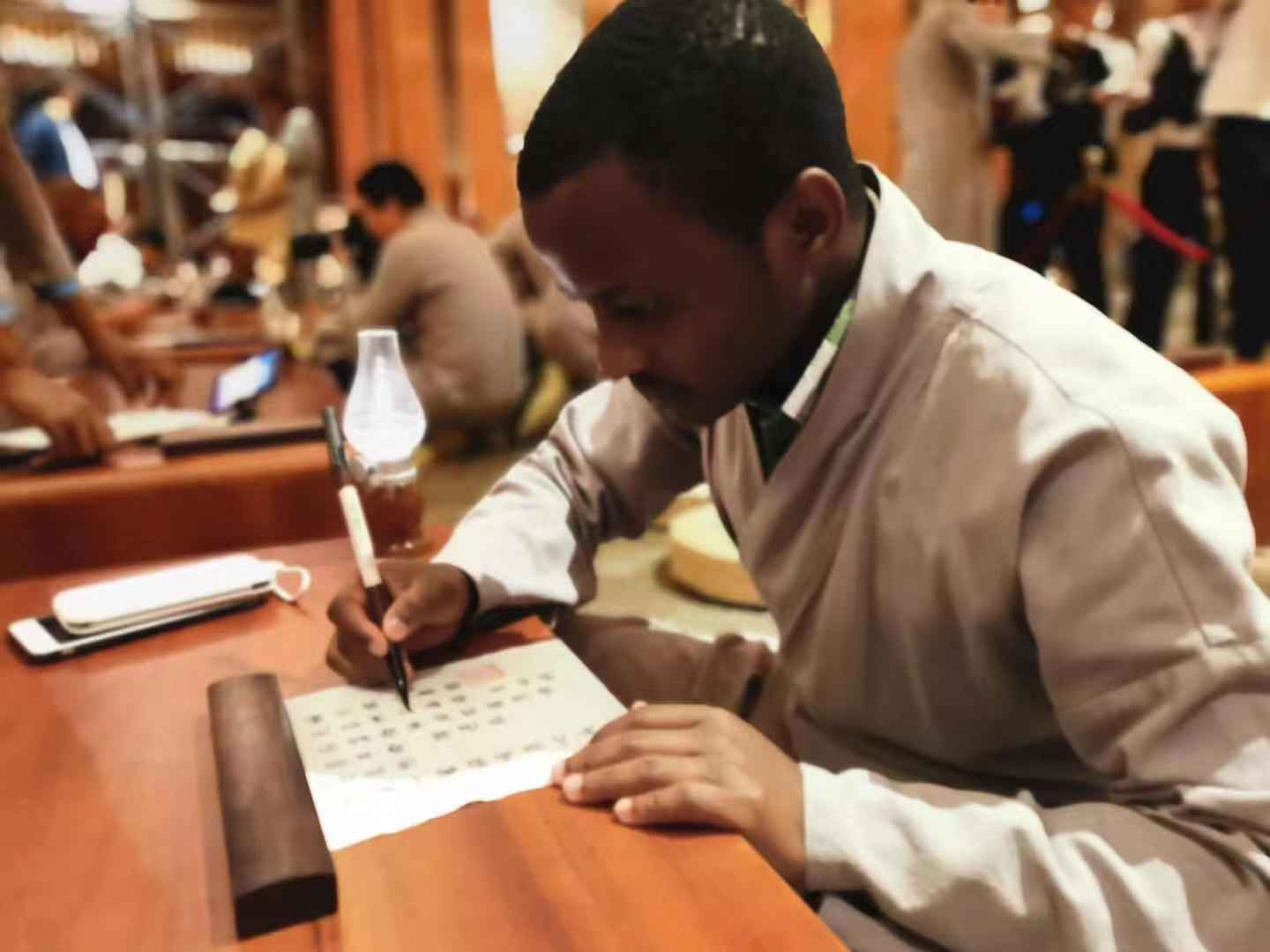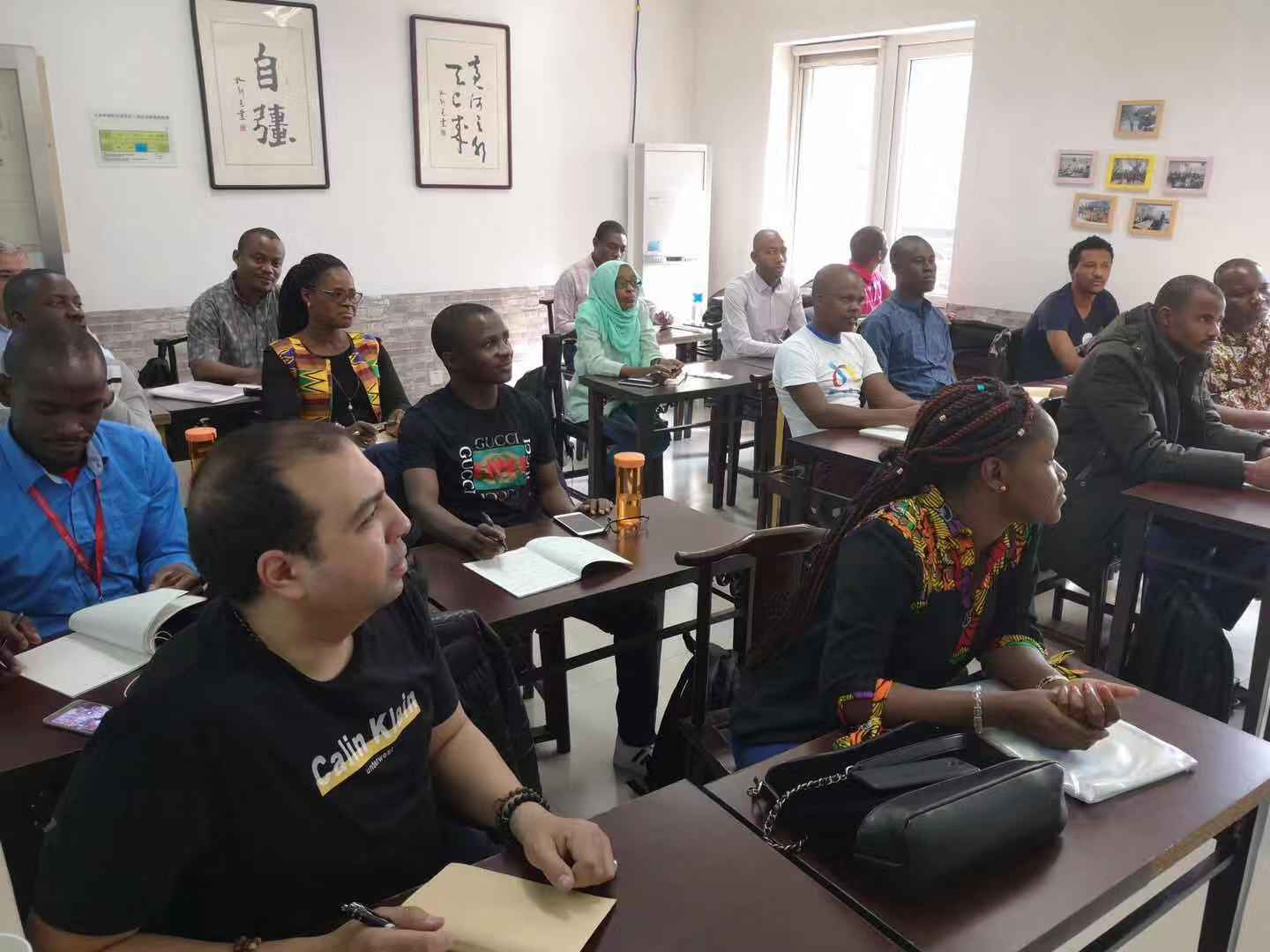(Xinhua)10:50, August 01, 2019![]()
ADDIS ABABA, July 31 — African experts and policymakers have commended Chinas growing support to African institutions in the public health sector, with particular praise to its contribution towards the institutional and technical development of the much-needed African Centers for Disease Control and Prevention (Africa CDC).
CHINAS CONTINUED SUPPORT TO AFRICA CDC
The blossoming China-Africa public health cooperation on Tuesday, in particular, marked a notable milestone when African and Chinese officials revealed the imminent launch of constructions at the Chinese-supported future headquarters of the Africa CDC — the African Union (AU)s specialized technical agency in the healthcare sector.
Amira Elfadil, the AU Commissioner for Social Affairs, who joined Ethiopian government officials as well as diplomats from the Chinese mission to the AU to observe the special site where construction of the Africa CDC headquarters will soon commence, said that China has continued to send medical experts here, including their CDC personnel.
Elfadil also disclosed that construction of the CDC headquarters was expected to commence by 2020. Upon completion, the Africa CDC would be the best facility for disease control and prevention in the African continent.
The Africa CDCs future headquarters is expected to rest on an area of 90,000 square meters on the outskirts of Ethiopias capital Addis Ababa with close proximity to the AU headquarters.
John Nkengasong, Africa CDC Director, told Xinhua recently that, as part of Chinas support to the Africa CDC, two Chinese experts are currently working together with African experts at the headquarters of Africa CDC to develop the center.
CHINA HELPS AFRICA TO COMBAT AGAINST HEALTHCARE THREATS
The Africa CDC, which was officially launched in January 2017, has been undertaking various activities, with which it has been able to support at least 9 AU member countries to effectively respond to 12 Ebola virus outbreaks, according to figures from the Africa CDC.
Nkengasong, noting the centers various crucial supports in terms of epidemiological, laboratory, logistics and other forms of supports during Ebola outbreaks across the continent, also commended Chinas contribution to Africas efforts in taming such public health hazards problems.
China has significantly contributed to Africas ongoing combat against Ebola outbreak as well as to the development of the Africa CDC, the director told Xinhua.
China has deployed experts in neighboring countries of the Democratic Republic of Congo (DRC), Nkengasong said, as he described Chinas contribution as an important support to detect and stop the spread of the Ebola virus.
He also noted that China has been supporting the Africa CDC which has been taking various activities as part of the response efforts to the latest Ebola outbreak in the DRC.
The Chinese government has deployed experts in neighboring countries in Uganda and other countries where it is very important that we are focusing not only in the DRC but we are also focusing in the neighboring countries, just in case the virus escapes, said Nkengasong.
The ongoing Ebola outbreak in the DRC was recently declared by the World Health Organization as a public health emergency of international concern.
In West Africa, where the Ebola outbreak wreaked havoc in 2014, China immediately sent medical workers and communicable disease experts to Guinea, Liberia and Sierra Leone to help the three nations overcome the crisis.




